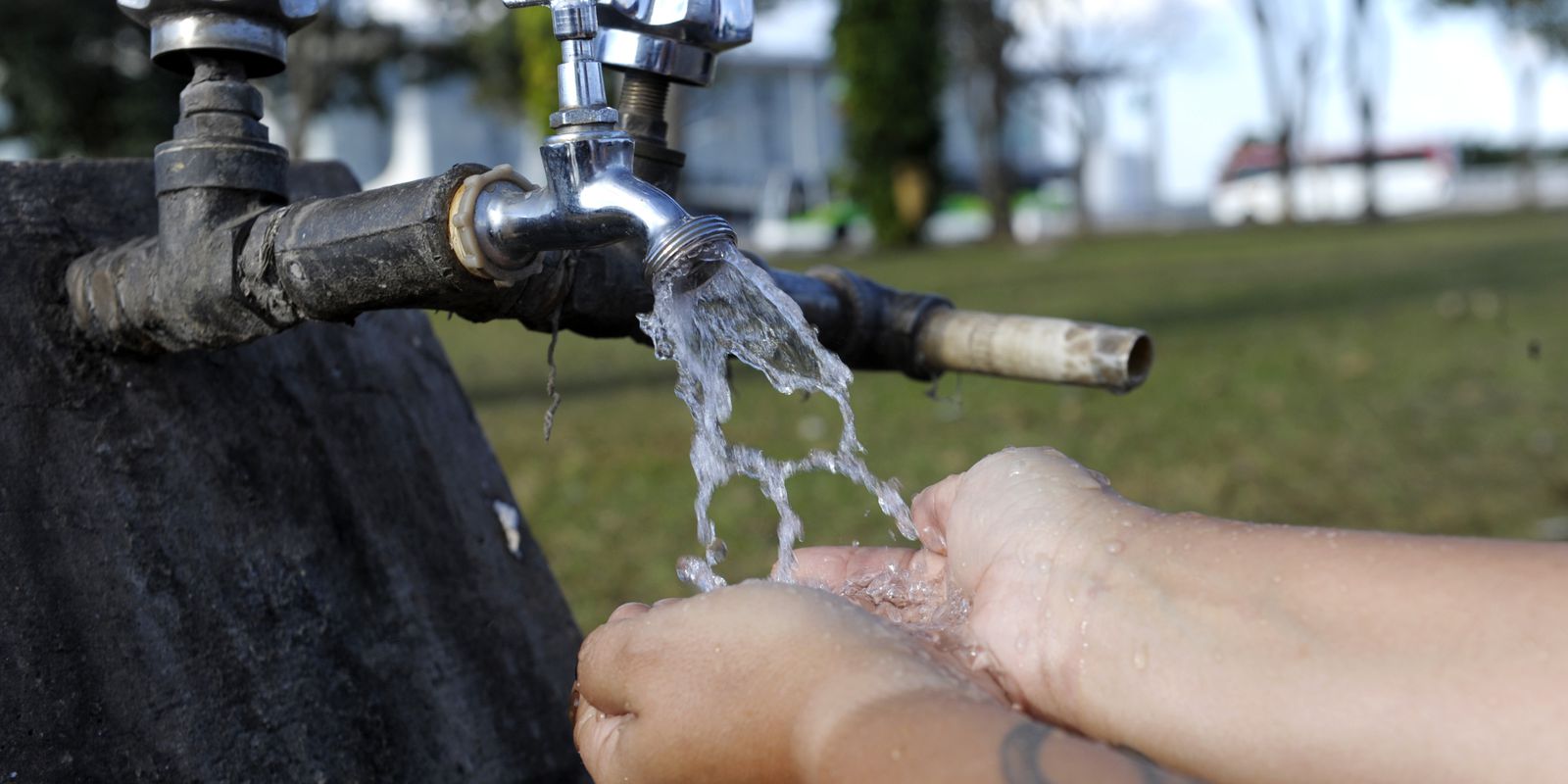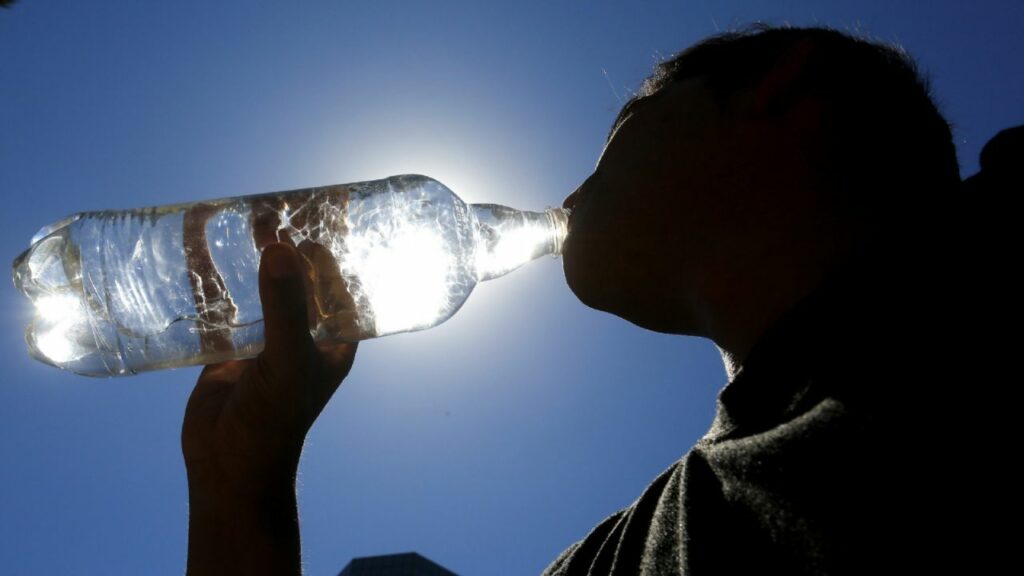Water and sewage concessionaires will have to prevent water waste and take advantage of rainwater. It is what determines the Bill 175/2020approved this Thursday (9) by the full Senate.
The text, which still depends on presidential sanction to enter into force, alters the Basic Sanitation Law (Law 11,445, of 2007) by forcing companies to correct failures to avoid leaks and losses; increase efficiency and monitor the distribution system to combat irregular connections.
“It will be up to the Union to encourage the use of rainwater and wastewater, especially gray water, the result of processes such as washing dishes and clothes, using showers, landscaping, and those used in agricultural, forestry and industrial activities”, he says. a piece of law.
Gray water is that discarded by homes through sinks, drains, washing machines and showers, except for those used in toilets. According to the approved proposal, they will be used in activities that require lower quality, such as irrigation of gardens; sidewalk washing; floors and vehicles and also in the maintenance of artificial lakes and fountains in parks, squares and gardens.
“The measure favors the control of pollution of streams, rivers and lakes; it promotes the preservation of water sources and helps in combating the possibility of flooding”, highlighted the author of the proposal, senator Laércio Oliveira (PP-SE).
The total volume of wasted water today corresponds to 6.5 billion cubic meters, according to Senator Laércio. This is equivalent to seven times the capacity of the Cantareira System, the largest in terms of water collection and treatment in Greater São Paulo.
According to the rapporteur, senator Otto Alencar (PSD-BA), the loss of treated water in Brazil is very large and “the picture is even more worrying because most companies do not measure water losses consistently. This is one of the first points that the proposition aims to attack. The other flank deals with water savings, through the use of rainwater and the reuse of water. It must be recognized that the Federal Basic Sanitation Policy, provided for in Law 11,445, of 2007, has made very little progress in relation to the reuse of sanitary effluents and the use of rainwater. The only mention within the scope of this policy is made generically, as a guideline, but without specifying the means by which these actions will be promoted”, added Otto.
















